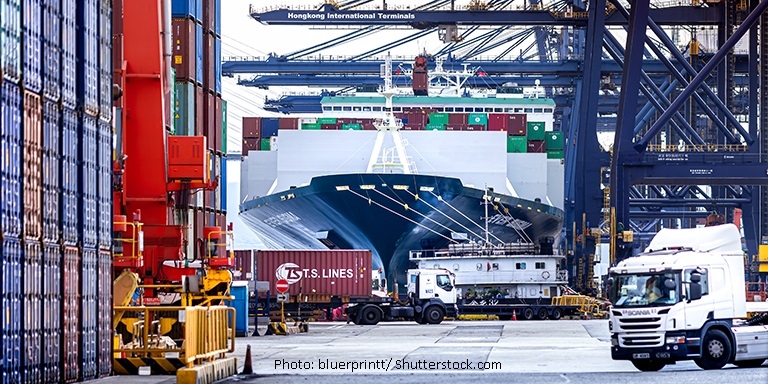Each economy has its own legal system and traditions as well as trade practices. Hence, cross-boundary contracts by traders, where not regulated by a set of uniform rules, inevitably raise problems of conflict of laws in the sense that in each case it would be necessary to establish which of the various domestic legal systems having connection with the contract will actually apply to it.
Harmonised rules
The United Nations Convention on Contracts for the International Sale of Goods (CISG) prepared by the United Nations Commission on International Trade Law (UNCITRAL) addresses the above problems by setting out harmonised rules for international sale of goods. To bring Hong Kong into line with international trade practices, the Legislative Council enacted the Sale of Goods (United Nations Convention) Ordinance on 29 September 2021 with the object of implementing the CISG in Hong Kong.
The Ordinance will come into operation on a day to be appointed by the Secretary for Justice by notice published in the Gazette – which was expected to be later this year, as commented by a representative of the Department of Justice (DOJ) of the Government of the Hong Kong Special Administrative Region (HKSAR).
The Convention currently applies to 94 countries from different regions and economic and legal systems, including more than half of Hong Kong’s top 20 trading partners by total trade value in 2021 – Mainland China, the United States, Singapore, Korea, Japan, Vietnam, Germany, Netherlands, Switzerland, France, Italy and Australia.
Uniform law
As remarked by the DOJ representative, the main difference with the status quo would be that the application of the CISG to the HKSAR allows for a uniform sales law to govern the bulk of Hong Kong businesses’ international sale of goods transactions, thereby enabling businesses to trade with their overseas counterparts on a fair and level playing field by using a sales law which is familiar to both.
“When parties negotiate the law governing a sale of goods contract, the CISG (as a legal hybrid between different legal traditions, including common law and civil law) may serve as a uniform and neutral set of rules which may be familiar to businesses from many jurisdictions,” the DOJ representative said. “From the perspective of the buyer or seller, this makes the CISG potentially a more acceptable alternative than the local law of its overseas business partner’s home jurisdiction.”
Without the benefit of the CISG, parties to an international sale of goods often incur transaction costs in light of uncertainty regarding the applicable law, with one party at a disadvantage for having to deal with “foreign” law. And, in the case where the parties wish to bargain over the applicable law to the international sale transaction, there are also bargaining costs.
The rule applies to international, not domestic, sales, the DOJ representative said, suggesting Hong Kong businesses familiarise themselves with the CISG and its implications for their international sale of goods contracts. If in doubt, they should seek legal advice.
Party autonomy - opt-out available
However, parties may agree to opt out of the CISG or vary the effect of virtually any CISG rule if they wish, the representative noted, but the CISG will apply by default if both parties are in CISG jurisdictions unless they expressly opt out of it.
Hence, while businesses selling internationally may find that CISG affects existing standard form contracts, they may bear in mind the above principle of party autonomy.
Since the CISG covers sales contracts, it generally does not apply to distributorship, dealership, agency or franchise contracts, although individual supply orders under a framework contract can be sales contracts and may fall under the CISG, the spokesman said.
Transactions with the Mainland
“Being a convention governing international sale of goods, the CISG does not apply to transactions within China, including those between businesses in the Mainland and businesses in the HKSAR. In the Government’s consultation in 2020 on the application of the CISG to the HKSAR, there was general support to apply the CISG rules to Mainland-HKSAR transactions by way of a Mainland-HKSAR arrangement. To follow up, the HKSAR Government is working on reaching such an arrangement through discussion with the Central People's Government,” the representative said.
